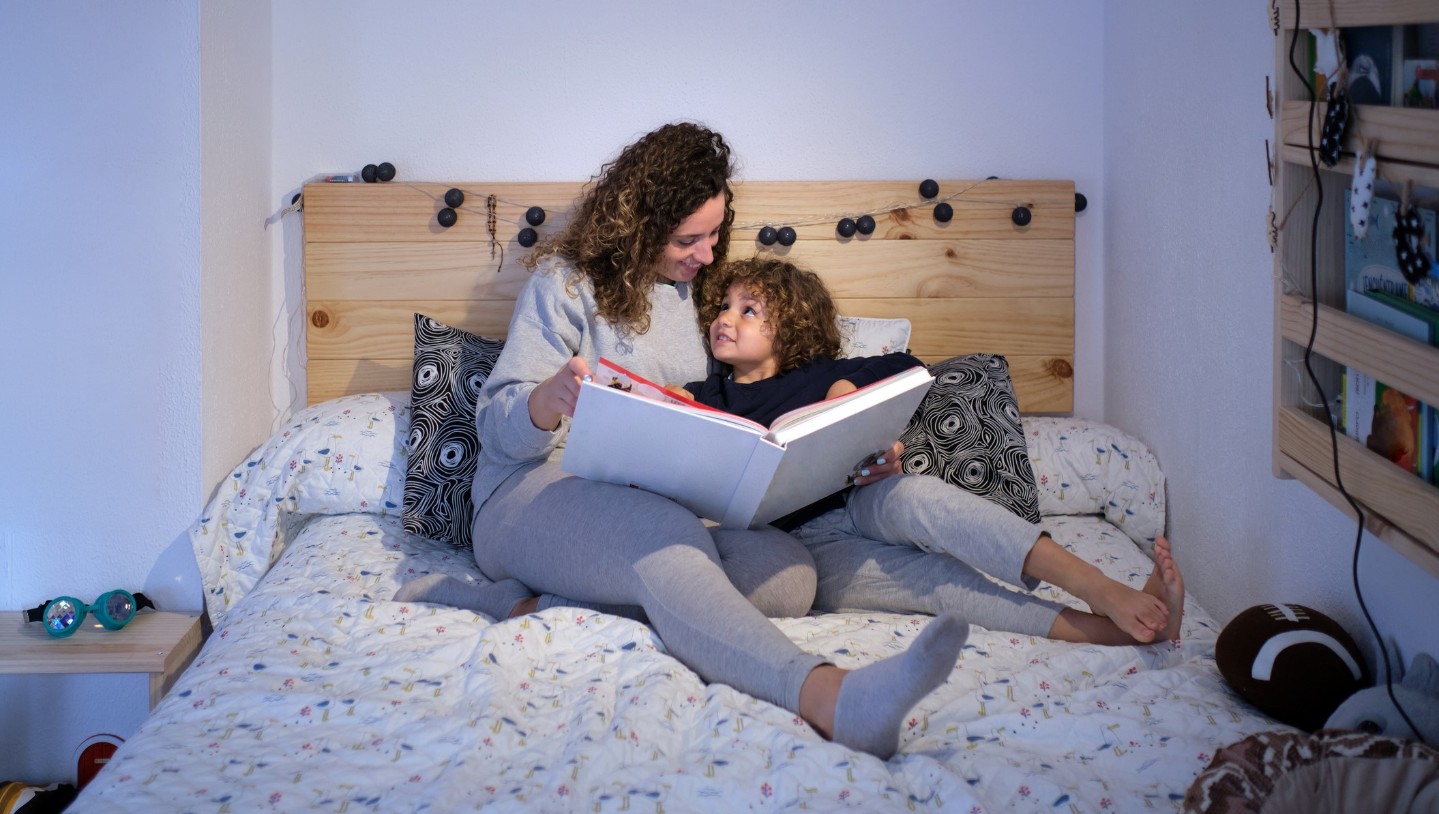World Meningitis Day: A Pediatrician's Urgent Message to Parents
SEP 25, 2025Meningitis is the inflammation of the membranes (meninges) that surround and protect the brain and spinal cord.
Read More
If melatonin is in your medicine cabinet, heed this important message: accidental ingestions by children have risen dramatically. According to recent reports shared by the Centers for Disease Control, the increase has coincided with a significant uptick in melatonin sales:
If you use melatonin for yourself, or for your children, here’s some important information to help keep your family safe.
Melatonin is a natural hormone that regulates the sleep-wake cycle. Just because it’s natural doesn’t mean melatonin is completely harmless. Consider these factors:
It’s always best to talk to your provider before taking any supplement, and it’s even more important for children. Many sleep problems can be better managed with a change in schedules, habits, or behaviors such as improved bedtime routines.
If melatonin is recommended, your provider can determine the proper melatonin dose. A child’s dosage needs to be based on the child’s age, weight and other factors.
Melatonin is regulated as a supplement, not as a medication. That means the FDA does not have oversight over purity of ingredients or accuracy of dosage.
While it’s easily available over the counter, the actual melatonin content in supplements can vary widely. Melatonin content ranged from less than one-half to more than four times the amount stated on the label in a study cited by the American Academy of Sleep Medicine (AASM).
The AASM recommends selecting a product with the USP Verified Mark.
Because melatonin can come in the form of gummies, it can be a magnet for children who think it’s candy. Be sure to store these supplements as you would any medication.
It’s important to also talk with children about medicine safety in an age-appropriate way.
Approximately 11,000 infants and young children taken to emergency rooms after accidentally taking melatonin from 2012 to 2022. Hospitalizations and more serious outcomes due to melatonin also increased.
If you suspect your child has taken melatonin or is demonstrating symptoms of overdose, call the Poison Control Center at 800-222-1222 or go to an emergency room right away.
If you have additional question, reach out to your child's provider or pediatrician.
Sources:
https://www.cdc.gov/mmwr/volumes/71/wr/mm7122a1.htm

Meningitis is the inflammation of the membranes (meninges) that surround and protect the brain and spinal cord.
Read More
With the right knowledge and proactive management, children with asthma can lead full, active, and vibrant lives.
Read More
Celiac disease is an autoimmune disorder triggered by the consumption of gluten, a protein found in wheat, barley, and rye.
Read MoreWhen you need local health information from a trusted source, turn to the CHI Health Better You eNewsletter.